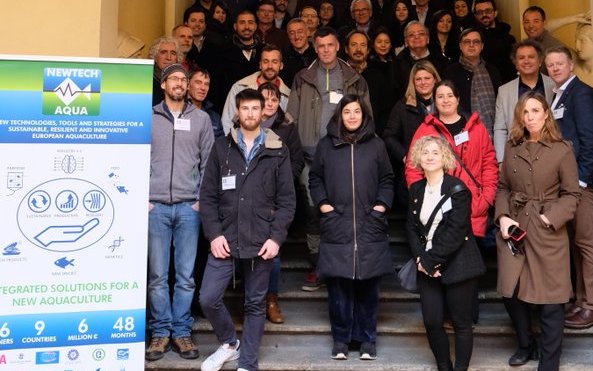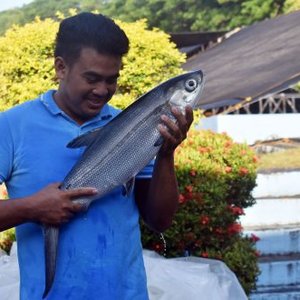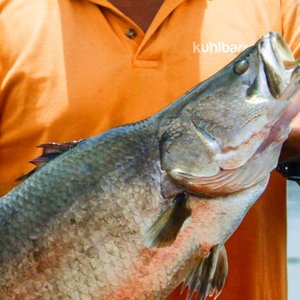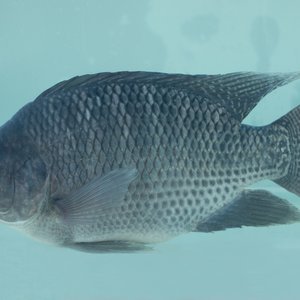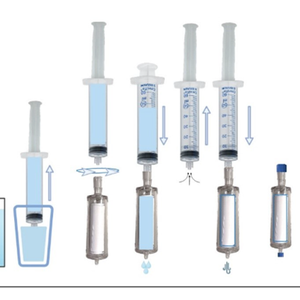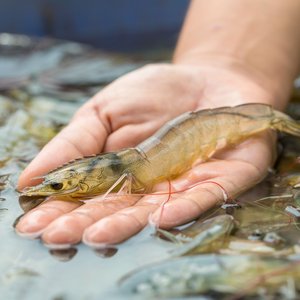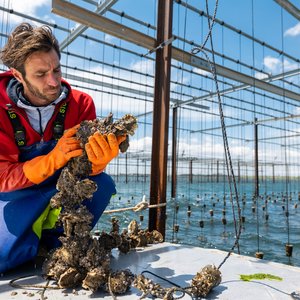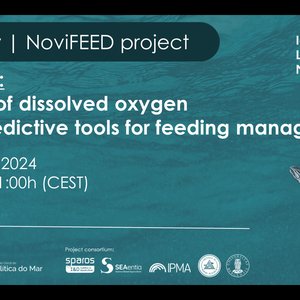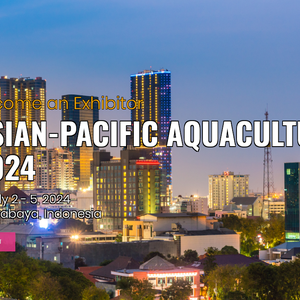A new EU-funded project will continue the work on species diversification that started with the DIVERSIFY project. The new project is titled “New Technologies, Tools and Strategies for a Sustainable, Resilient and Innovative European Aquaculture (NewTechAqua)" and will develop and validate technologically-advanced, resilient and sustainable new solutions to expand and diversify EU production of finfish, mollusks and microalgae.
The solutions will be grouped in feed, Industry 4.0 sustainable farming, genetics, new species and new products and validated on conventional species such as Atlantic salmon, rainbow trout, seabass and seabream and emerging species such as greater amberjack, meagre, Senegalese sole and grey mullet finfish species, mollusks such as Pacific oyster and mussel, and microalgae.
The project will conceive, formulate, produce and demonstrate three innovative sets of aquafeeds (pro-health, organic, zero waste) and will establish new AI epidemiological models for enhancing the control of parasite outbreaks in Norwegian and Mediterranean farms. Sustainable aquaculture will also be promoted by advanced model systems and technologies for mollusks and in-land fish farms ecointensification.
Innovative breeding programs will also be developed to improve performance, robustness and quality of farmed fish, mollusks and microalgae. NewTechAqua will solve reproduction gaps in greater amberjack by using a sex differentiation study with a transcriptomic approach, recombinant hormones, specialized broodstock management software and a web-based platform to select the best Mediterranean rearing sites for captive spawning. Additionally, natural reproduction in meagre to produce organic larvae will be achieved by environmental and spawning behavior studies using sensors technology. The project will also refine broodstock management practices of Senegalese sole towards the standardization of spontaneous spawning to close the reproductive cycle of cultured fish.


